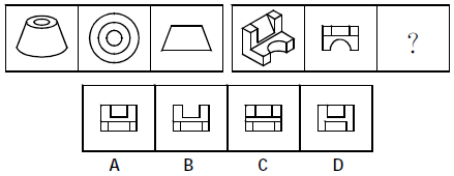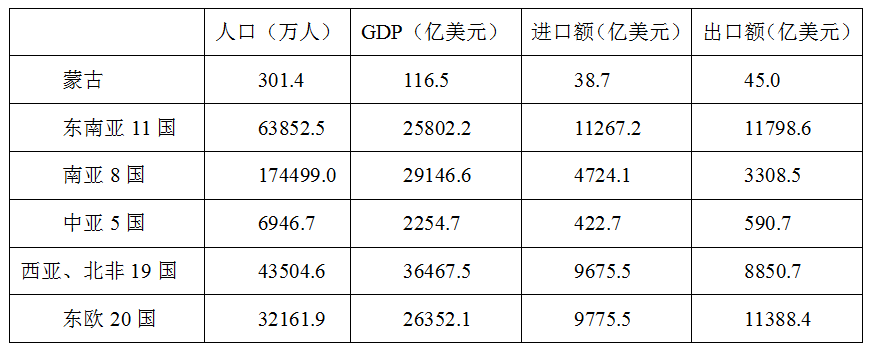考研英语语法虚拟语气解析(一)
 查字典公务员网
查字典公务员网
虚拟语气是谓语动词的一种形式,用来表示假设,或用来表示命令、建议以及说话人的主观愿望,有时也可以使语气缓和、委婉。虚拟语气作为一重点语法,在各类考试中占有相当大的分值,所以理解该语法,不管对于考试,还是在日常应用中都有相当大的作用,本节将就考试重点作详细讲解。
一、虚拟语气的用法
常用于条件句中,表示与现在、将来、过去相反的假设,表示与现在、将来、过去相反假设时,主句与从句谓语动词的变化形式,现以动词do为例说明。
主句 从句 现在 would/should/could/might + do bewere/dodid 将来 would/should/could/might + do were to + do/should + do (只能用should) 过去 would/should/could/have done had done 注:有些语法书中在与将来相反假设的条件从句中也有do did,这样就和与现在相反假设的主句、从句完全相似,其主要区别在于各自的时间状语上,另外如果在与将来相反假设的条件从句中出现should+ do,那么主句中就避免使用should+do,可以用would/could/might+do。
例句: If you were to examine the birth certificates of every soccer player in 2006?s World Cup tournament, you would most likely find a noteworthy quirk.
(选自2007年Text 1)
分析: 该句是复合句。
译文: 假如你去调查2006年世界杯上每位足球运动员的出生证明,你很可能会发现一个值得注意的现象。
例句: If that happened, passionate consumers would try to persuade others to boycott products, putting the reputation of the target company at risk. (选自2011年Text 3)
分析: 该句是复合句,表示与现在相反的假设。其中,分词短语putting the reputation of the target company at risk在句中作状语,表示结果。
译文: 这种情况一旦发生,充满激情的消费者会尽力说服他人抵制产品,从而使目标企业的声誉处于危险境地。
例句: Everything here would have been destroyed utterly, if his wife hadn?t called the fire brigade.
分析: 该句是复合句。
译文: 要不是他的妻子给消防队打电话,这里的一切就被彻底地破坏了。
二、混合式虚拟语气
有时条件从句和主句时态不一致,可以根据主句、从句动作发生的时间分别运用相应的虚拟语气。
例句: He would be studying at the university now if he had passed the entrance examination.
分析: 该句是复合句,主句表示与现在相反假设,而从句表示与过去相反假设。
译文: 如果他考试通过,现在就应该在大学里学习了。
三、条件句中连词if省略
若条件句中的if省略,则把were, had或should置于从句主语之前,形成半倒装句。
例句: The businesses are risky, but should we succeed(but if we should succeed), we would be rich.
分析: 该句是由but连接的并列句,其中should we succeed是省略if的倒装句。
译文: 做生意是冒险的,但是如果我们成功了,我们就会很富裕。
例句: The millions of calculations involved, had they been done by hand (if they had been done...),would have lost all practical value by the time they were finished.
分析: 该句是复合句,had they been done by hand是省略if的倒装句,by the time引导状语从句。
译文: 所涉及的数百万次运算,如果用手工进行,等到完成时,恐怕早就失去所有的实用价值了。
四、使用介词或介词短语的条件句
条件句中有时用without(with), but for, but+从句, under...condition, in the absence of (没有在场)等介词或介词短语,也可通过上下文暗示来表示,而主句将根据情况运用相应的形式。
例句: Without us there would have been no response to the invasion of Kuwait, no peace in Bosnia and no deal to halt North Korea?s nuclear ambitions.
分析: 该句是简单句,介词短语without us相当于从句if there had not been us。
译文: 没有我们,就没有人制裁对科威特的入侵,波斯尼亚就没有和平,也就没有制止朝鲜的核野心的行动。
例句: But for us, any number of nonproliferation, environmental and human?rights standards would be afar cry from what they are today.
分析: 该句是复合句,介词短语but for us相当于从句if there weren?t us,what they are today作介词from的宾语。
译文: 没有我们,任何防止核扩散、环保和人权水准都将与现在的标准大相径庭。
五、wish引导的虚拟语气从句
if only...和would that...均可用I wish来代替,前面两者多出现在文学体裁中,而wish 多用于口语和日常用语中,wish引导的宾语从句中谓语动词用虚拟语气,可译为但愿,要是该多好啊,真希望等,从句中谓语动词形式如下。
从句(例词do) 用法 动词用过去式did或were表示现在未实现的愿望 动词用过去完成时had done 表示过去未实现的愿望 动词用would/could/might do 表示将来不大可能实现的愿望 例句: The senior librarian at the circulation desk promised to get the book for me if only she could remember who last borrowed it. (1996年第3题)
分析: 该句是复合句。
译文: 图书借还台的高级图书管理员答应借我那本书,她要是记得上一次谁借了那本书就好了。
例句: I wish I had slept longer this morning, but I had to get up and come to class.
分析: 该句是复合句,I had slept longer this morning表示与过去事实相反假设。
译文: 要是今早能多睡一会儿该多好啊,但我不得不早起来上课。



 返回首页
返回首页










